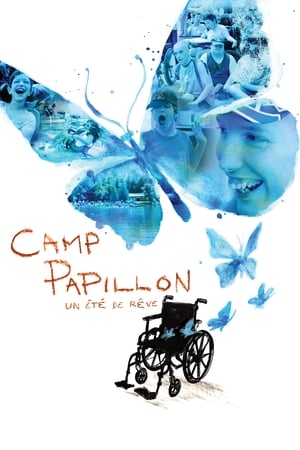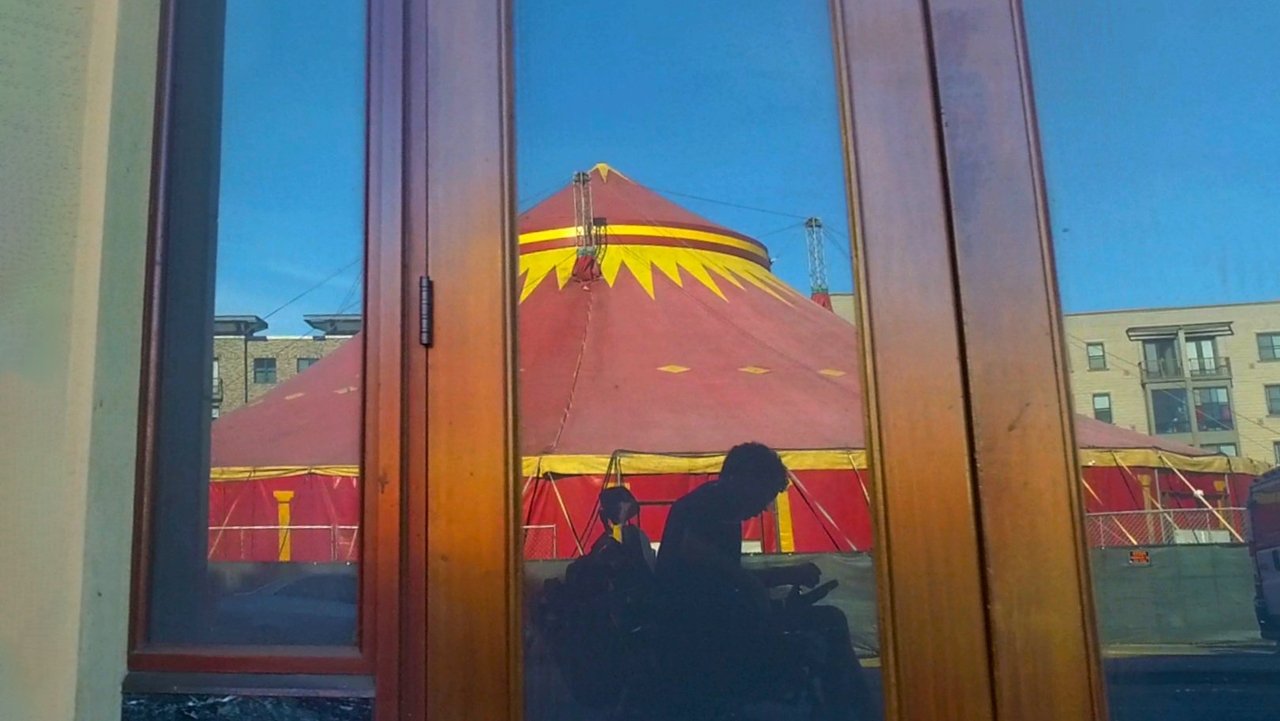
I Didn't See You There(2022)
As a visibly disabled person, filmmaker Reid Davenport is often either the subject of an unwanted gaze — gawked at by strangers — or paradoxically rendered invisible, ignored or dismissed by society. The arrival of a circus tent just outside his apartment prompts him to consider the history and legacy of the freak show, in which individuals who were deemed atypical were put on display for the amusement and shock of a paying public. Contemplating how this relates to his own filmmaking practice, which explicitly foregrounds disability, Davenport sets out to make a film about how he sees the world from his wheelchair without having to be seen himself.







Movie: I Didn't See You There
Top 1 Billed Cast
Self
Video Trailer I Didn't See You There
Video: Trailer
All 8 videos
Similar Movies
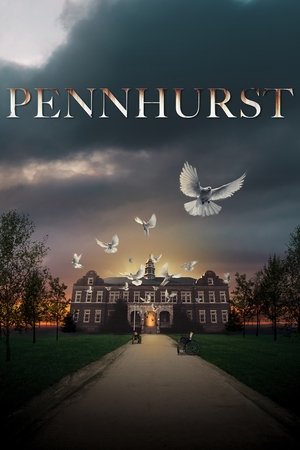 0.0
0.0Pennhurst(en)
Segregation, abandonment, and the meaning of home are discussed by the people that lived in, worked at, and crusaded for one of the largest and oldest Intellectual and Developmental Disability Institutions in the United States. The facility, in its closing, challenged society's perception of those with intellectual disabilities and ultimately fought for better rights.
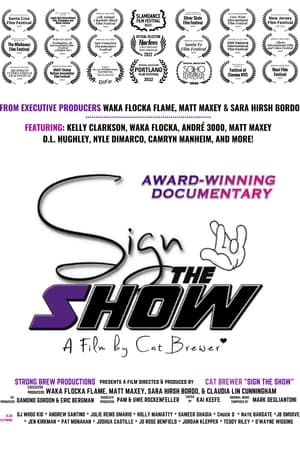 0.0
0.0Sign the Show(en)
Sign The Show: Deaf Culture, Access and Entertainment is a feature-length documentary providing insight into Deaf culture and the quest for access to entertainment. It brings together entertainers, the Deaf and Hard of Hearing (HOH) community, and American Sign Language interpreters to discuss accessibility at live performances in a humorous, heartfelt, and insightful way.
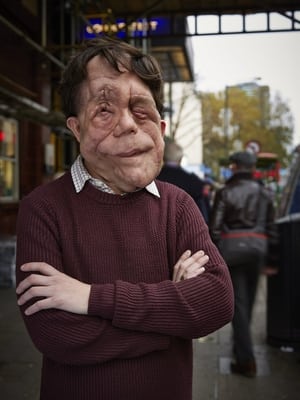 0.0
0.0The Ugly Face of Disability Hate Crime(en)
Adam Pearson - who has neurofibromatosis type 1 - is on a mission to explore disability hate crime: to find out why it goes under-reported, under-recorded and under people's radar.
The World at Arm's Length(de)
Sven has a dream. Once in his life he wants to walk the Camino de Santiago - the Way of St. James. But that seems impossible, Sven has Usher syndrome, a disease which slowly, inexorably robs him of hearing and vision. Profoundly deaf and completely blind since 2010, he can only communicate using a special hearing aid in the spoken language.
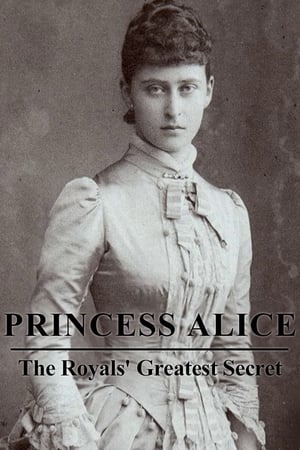 0.0
0.0Princess Alice: The Royals’ Greatest Secret(en)
The life of Princess Alice of Battenberg, Queen Victoria's great-granddaughter, Prince Andrew of Greece's wife and Queen Elizabeth II's mother-in-law. Born deaf, she faced tremendous hardships but found solace in faith and charity work.
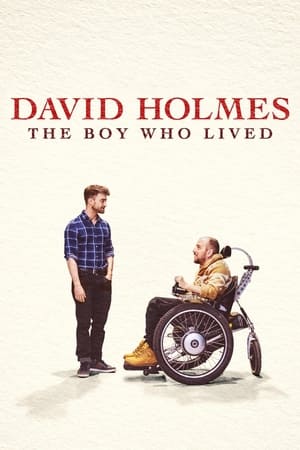 7.1
7.1David Holmes: The Boy Who Lived(en)
As Daniel Radcliffe's stunt double in the Harry Potter films, David Holmes' work has been seen worldwide by millions of people. Tragically an on-set accident ended what David calls "the best job in the world," leaving him paralyzed. Like the on-screen character he helped bring to life, David is determined to continue seeking adventure and living life to the fullest despite mounting obstacles.
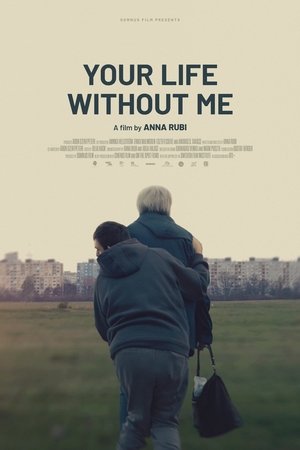 0.0
0.0Your Life Without Me(hu)
Magdi, a strong-willed, but lonely caregiver faces a daunting reality as she grows older: If she were to pass away, her disabled adult son, Feri would be left to the inhumane conditions of the Hungarian state care system, and would quickly follow her. Determined to secure a future for Feri, Magdi unites with a group of mothers who are in the same situation and they take legal action against the state. “Your Life Without Me” is a story of the strength and sacrifices of these women who find their own voice through the common fight and their community.
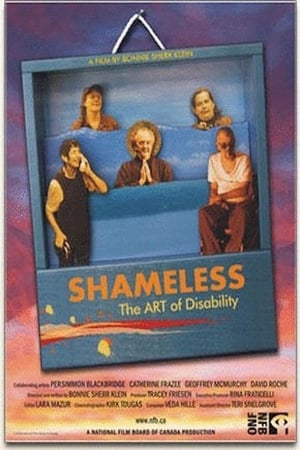 3.0
3.0SHAMELESS: The ART of Disability(en)
Art, activism and disability are the starting point for what unfolds as a funny and intimate portrait of five surprising individuals. Director Bonnie Sherr Klein (Not a Love Story, and Speaking Our Peace) has been a pioneer of women's cinema and an inspiration to a generation of filmmakers around the world. SHAMELESS: the ART of Disability marks Klein's return to a career interrupted by a catastrophic stroke in 1987. Always the activist, she now turns the lens on the world of disability culture, and ultimately, the transformative power of art.
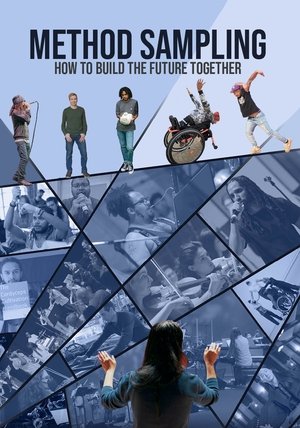 0.0
0.0Method Sampling: How to Build the Future Together(en)
Method Sampling is explored through the works of a hip-hop orchestra, a disabled choreographer, a self-taught Black mycologist, a tiny house builder and a critical theorist.
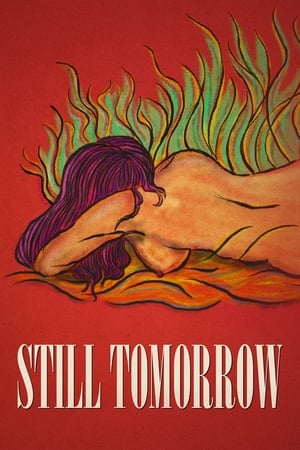 8.2
8.2Still Tomorrow(zh)
Yu Xiuhua was raised to hope for little from her life in the rural Chinese province of Hubei. At 19, Xiuhua’s mother encouraged her to marry a man nearly twice her age, fearful no one else would accept a wife with Xiuhua’s condition — cerebral palsy. But as her 20th anniversary approaches, Xiuhua’s poetry goes viral, and she becomes the voice of a rising feminist movement throughout China.
 6.4
6.4Full Circle(en)
Faced with a traumatic injury that renders you permanently disabled; how would you reinvent yourself? Full Circle tells the story of Trevor Kennison and Barry Corbet’s shared resiliency and refusal to let their passion for life be limited by Spinal Cord Injury. It is an unblinking examination of the challenges of Spinal Cord Injury, and a celebration of the growth that such tragedy can catalyze.
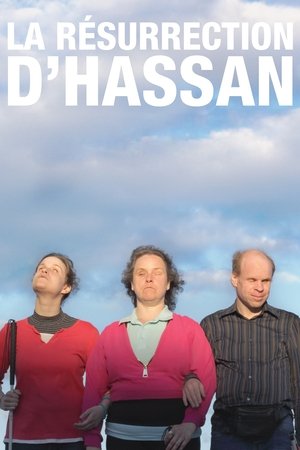 6.0
6.0Resurrecting Hassan(en)
Traces the lives of the Hartings, a blind Montreal family of three who make their living singing in the city's subway stations. The Hartings lost their only sighted child Hassan in a tragic drowning accident, and have since turned to the teachings of Russian mystic Grigori Grabovoi, hoping to resurrect their son. Resurrecting Hassan is an exploration of this family's legacy of grief, tragedy and abuse; the film will follow them on their path to redemption.
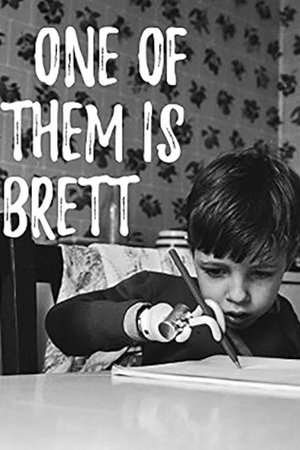 7.0
7.0One of Them Is Named Brett(en)
A look into the life of Brett, a boy born without arms due to thalidomide exposure.
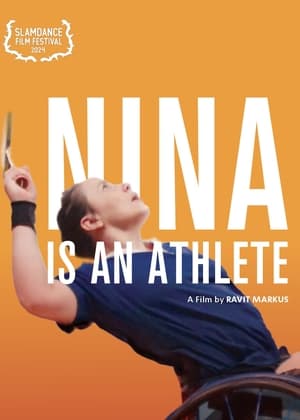 0.0
0.0Nina is an Athlete(he)
On the cusp of turning 40, wheelchair badminton champion Nina Gorodetsky, has her first and maybe last, chance to participate in the Paralympics. However, she is negotiating a ticking biological clock both as a mother and as an athlete. What would she be willing to sacrifice to realize her Olympic dream?
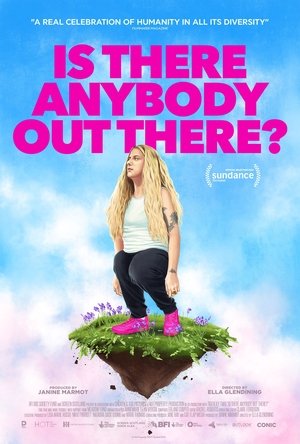 5.5
5.5Is There Anybody Out There?(en)
While navigating daily discrimination, a filmmaker who inhabits and loves her unusual body searches the world for another person like her, and explores what it takes to love oneself fiercely despite the pervasiveness of ableism.
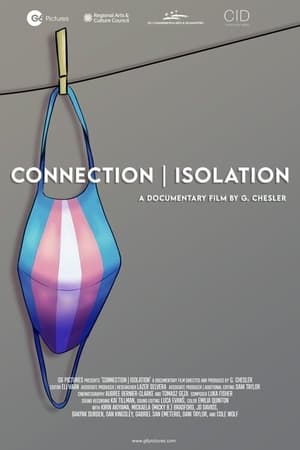 0.0
0.0Connection | Isolation(en)
In an airborne pandemic when separation, isolation, and self-sufficiency became the punishing norm, many trans people faced the COVID-19 era differently. G. Chesler’s new documentary feature presents eight portraits of trans, postgender, and genderqueer people sharing their experiences of cultivating, sustaining, and joining communities in this pandemic. These trans community creators center experiences of Asian American people facing violent racism as the pandemic began in late 2019, Black Americans rising in opposition to white supremacist police-state violence in mid 2020, and the exclusion many people who are disabled feel from a society that—despite grave and massive loss—still refuses to habitually protect itself at large.
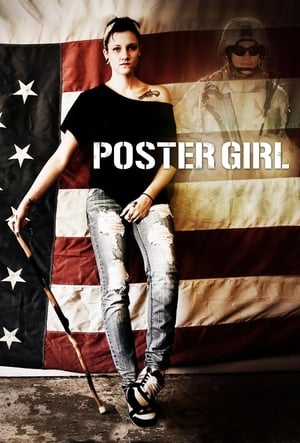 7.8
7.8Poster Girl(en)
POSTER GIRL is the story of Robynn Murray, an all-American Apple pie high-school cheerleader turned tough-as-nails machine gunner in the Iraq War and a “poster girl” for women in combat, distinguished by Army Magazine’s cover shot. Now Sgt. Robynn Murray comes home from Iraq, to face a new kind of battle she never anticipated. Her tough-as-nails exterior begins to crack, leaving Robynn struggling with the debilitating effects of post-traumatic stress disorder (PTSD). Shot and directed by first-time filmmaker Sara Nesson, POSTER GIRL is an emotionally raw documentary that follows Robynn over the course of two years as she embarks on a journey of self-discovery and redemption, using art and poetry to redefine her life.
 0.0
0.0Voices from the Shadows(en)
‘Voices from the Shadows’ shows the brave and sometimes heartrending stories of five ME patients and their carers, along with input from Dr Nigel Speight, Prof Leonard Jason and Prof Malcolm Hooper. These were filmed and edited between 2009 and 2011, by the brother and mother of an ME patient in the UK. It shows the devastating consequences that occur when patients are disbelieved and the illness is misunderstood. Severe and lasting relapse occurs when patients are given inappropriate psychological or behavioural management: management that ignores the severe amplification of symptoms that can be caused by increased physical or mental activity or exposure to stimuli, and by further infections. A belief in behavioural and psychological causes, particularly when ME becomes very severe and chronic, following mismanagement, is still taught to medical students and healthcare professionals in the UK. As a consequence, situations similar to those shown in the film continue to occur.

















